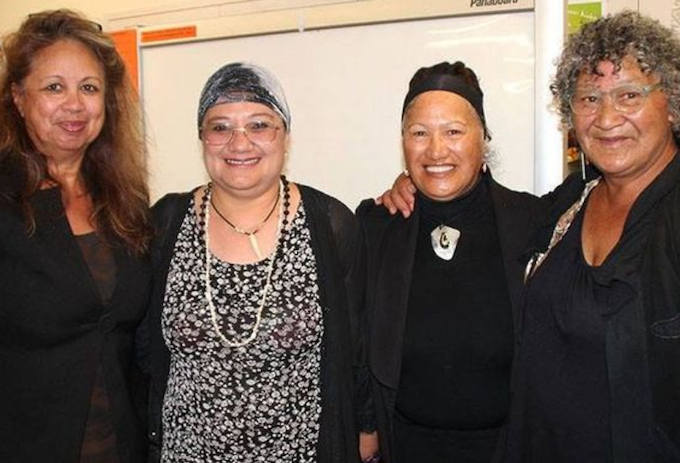
A pioneering indigenous activist is being farewelled today after losing a short battle with cancer.
Miriama Rauhihi Ness was a member of the Polynesian Panthers and Ngā Tamatoa movements, fighting for both Māori and Pasifika rights in New Zealand.
Will ‘Ilolahia, a founding member of the Polynesian Panthers, said Rauhihi Ness was always on the frontlines of indigenous activism.
“She was our Minister of Culture and our first full-time community worker when we existed back in the 70s,” he said.
“Her fierce, strong, no-muck-around attitude has done a lot of things that a lot of people don’t really acknowledge.”
Rauhihi Ness (Ngāti Whakatere/Ngāti Taki Hiki) helped lodge the Māori Language Petition of 1972, led the 1975 Land March and was part of the Patu Squad that protested against the 1985 Springbok tour.
“The Patu Squad that [South African] President Nelson Mandela came to New Zealand to say thank you – she was a member of that squad.”
Rauhihi Ness was also married to Niuean singer and activist Tigilau Ness and their son was renowned musician, Che Fu.
Love for her whānau
Will ‘Ilolahia said her love for her whānau also seemed to give her strength in her final days.
“She was suffering from cancer from after Waitangi Day,” he said.
“She went up there and then came back and she was sick. But she held on until Tigilau and Che Fu had their performance last Saturday for the [Auckland] Arts Festival and then she passed away.”
‘Ilolahia said for the 69-year-old to be able to endure pain and hold on until after her son performed his major gig of the year was remarkable.
“That’s a wahine toa.”
Nō reira e te rangatira, moe mai, moe mai, moe mai rā.
This article is republished under a community partnership agreement with RNZ.













































